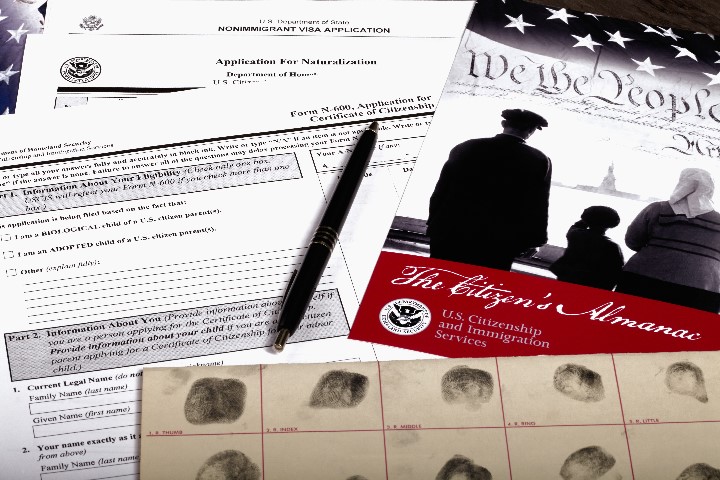At a time when so many are worried about the growing schisms in our country, Pennsylvania lawmakers are advancing legislation to better help students understand the practices and institutions that bind them together.


At a time when so many are worried about the growing schisms in our country, Pennsylvania lawmakers are advancing legislation that would require schools to teach basic civic knowledge to help students understand the institutions of American government and their responsibilities as American citizens.
An initial draft of the bill, coming out of the state Senate, required students to pass a 100-question citizenship test, the New Castle News reports. In its current form, passing students will receive a “certificate of recognition.”
The impetus for the legislation stemmed from, “[l]awmakers frustration that young people know the ‘American ‘Idol’ judges better than they know Supreme Court justices,” says New Castle News.
Recent surveys have backed this point up, demonstrating that shockingly low numbers of citizens are familiar with even the most basic components of America government. New Castle News points to a recent study by the University of Pennsylvania’s Annenberg Public Policy Center in which only 26% of adults were able to identify the three branches of American government.
“This is not an acceptable percentage,” says State Senator John Rafferty, R-Montgomery County, the author of the bill.
In its 2016 report, The Vanishing Center of American Democracy, the Institute for Advanced Studies in Culture found that, “the overwhelming majority of Americans (88%) believe that ‘political events these days seem more like theater or entertainment than like something to be taken seriously.’”
This combination of a lack of knowledge and widespread distrust in government is clearly one worth addressing. Given the fact that students in Pennsylvania will soon be of voting age, it makes sense to help them better understand the important roles they will be playing as citizens.
Students can acquire these sensibilities through intentional, direct instruction in schools. New Castle News notes that, “[Senator] Rafferty said his interest in government was inspired in part by a class he took early in high school.”
Senator Raftery’s bill passed through the Education Committee without receiving any opposition.
Regardless of graduation requirements, teachers—and particularly middle school teachers—can lay the groundwork for understanding citizenship through a lesson like this one from the Center for Civic Education.
Educators must also work to form students’ civic character, fostering virtues such as neighborliness, service, and community awareness.
Teachers will always have the nagging feeling that there is more they can be covering, and ultimately there is only so much time in a school day.
Yet, when it comes to citizenship, we should remember that schools are an importance place to inspire our young people about America’s government and civic practices.